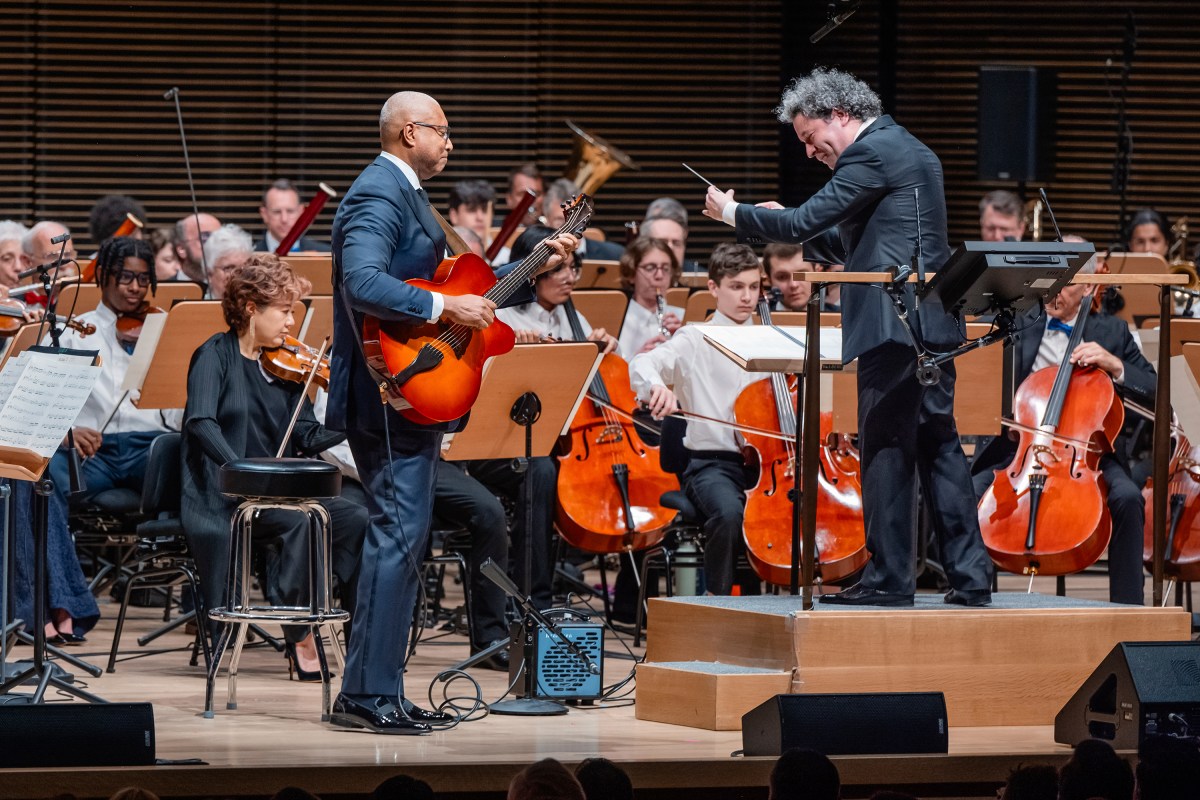SAN MIGUEL TOPILEJO, Mexico – Mexico’s high schools and universities opened for the first time in two weeks Thursday as the country’s top health official insisted the swine flu epidemic is on the decline. All students were checked for swine flu symptoms and some were sent home.
In other steps, dance halls, movie theatres and bars were allowed to fully reopen Thursday and fans can attend pro soccer matches starting this weekend after government-mandated shutdowns designed to curb the virus’ spread. Businesses must screen for any sick customers and restaurant employees must wear surgical masks.
The World Health Organization said Thursday the number of confirmed swine flu cases around the world has surpassed 2,000. The WHO’s flu chief, Keiji Fukuda, told Asian health ministers that the virus still has the potential to infect a third or more of world population in the next several months.
Mexican Secretary of Public Education Alonso Lujambio called on citizens to show “strength of spirit,” trying to assuage worries that it was too early to restart classes.
Laughing and joking, high school students gathered at the entrance of the National School of Graphic Arts in Mexico City, waiting to fill out forms that asked about their health.
Of 280 students entering the school in the first 20 minutes, two showed symptoms of swine flu, including coughing and nasal congestion, said assistant principal Ana Maria Calvo Vega. Their parents were notified and they won’t be readmitted without a statement from a doctor saying they don’t have the virus, she said.
“We’ll be observing these kids all day,” Calvo said. “We have to accept that this illness exists and be careful.”
Mexico confirmed two more deaths Thursday, for a total of 44. Health Secretary Jose Angel Cordova said 1,160 people have been sickened, up 90 from Wednesday. He said the latest confirmed victims died some time ago but that test results just came back.
Mexico had mobilized teachers and parents to disinfect its schools before reopening. Most students appeared unconcerned.
“I’m not scared. They say it’s getting normal again,” said 16-year-old Diana Puga. “I’m glad to be back. I was bored all these days.”
One girl walked up to Calvo and said she had a cold. Calvo told her to go home and get checked by her family doctor.
“Cover up well,” Calvo told the student, noting her face mask was draped across her neck.
Youths at a Mexico City vocational high school were welcomed with a dollop of hand sanitizer and a surgical mask. Joyful to see each other again, students embraced and kissed – some through masks.
Alma Ruiz, 18, said the epidemic had been exaggerated. “The media has made this problem bigger than it is,” she said.
One teacher, Rosa, who would not give her last name, started her class with a plea for students to take precautions.
“I know it’s not the best ‘look’ for you, but it’s important,” Rosa told her students, about half of whom had taken off their masks.
Primary schools reopen next week. Parents expressed relief that their children, shuttered so long at home, could return to class. But they also worried that the virus could surge back once 40 million young people gather in groups again.
“My 17-year-old daughter is afraid. She knows she must go back but doesn’t want to,” said Silvia Mendez as she walked with her four-year-old son, Enrique, in San Miguel Topilejo, a town perched in forested mountains near the capital.
Mendez and her son wore masks as they headed to the tiny roasted chicken restaurant she owns. Enrique spoke adoringly of his teacher and seemed impatient to get back to kindergarten.
Working parents have struggled to provide childcare during the shutdown. It forced many to stay home from work, bring their youngsters to their jobs, or leave them at home.
Isabel Garcia had to leave her 11-year-old son, Charlie, behind while she sold vegetables below a red-domed church in San Miguel Topilejo’s central plaza.
“I’m nervous about him going back to school on Monday. But he will wear a mask and I have instructed him to stay away from any children who appear sick,” Garcia said at her stall, a colourful tableau of radishes, carrots, green onions and other fresh produce.
Outside Madera high school in the northern city of Monterrey, a nurse stood ready to hand out surgical masks, antiseptic gel, a sheet of paper with sanitary recommendations and a health questionnaire. Most students filed right past her. Many teachers wore their masks around their necks.
“If they come to ask for information, I ask them questions. It’s voluntary,” said the nurse, Isela Dimas.
The Universidad Iberamericana in Mexico City installed antiseptic gel dispensers throughout campus and increased shifts for cleaning crews.
The government also created an online manual, “What to do to restart classes without risk?” It calls for parents and school employees to clean classrooms, cafeterias and other areas with water, soap and chlorine, and to provide running water for handwashing.
Each school, Mexican officials said, had to be cleaned and inspected this week. Complicating the task: Many schools are primitive buildings with dirt floors and lack proper bathrooms. It was unclear how students attending those schools could adhere to the government’s strict sanitary conditions.
















